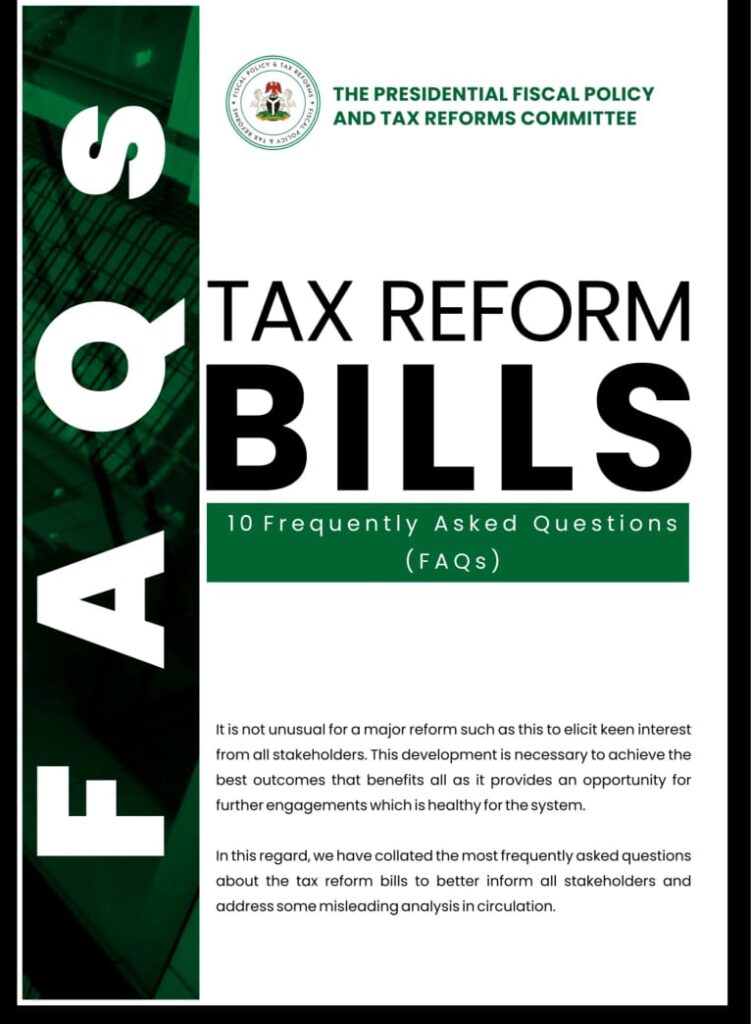
President Bola Ahmed Tinubu’s ambitious tax reform agenda has moved closer to reality as the Senate passed four key bills through their second reading. The legislation is expected to bring transformative changes to Nigeria’s tax administration system, signaling a major step in the government’s efforts to strengthen the economy.
The bills, which include the Nigeria Tax Bill 2024, the Tax Administration Bill, the Nigeria Revenue Service (NRS) Establishment Bill, and the Joint Revenue Board Establishment Bill, are part of a comprehensive reform strategy aimed at streamlining tax collection, enhancing revenue generation, and fostering economic growth.
Of particular note is the Nigeria Revenue Service Establishment Bill, which seeks to repeal the Federal Inland Revenue Service (FIRS) Act and create a new Nigeria Revenue Service (NRS) with an expanded mandate to oversee tax compliance and revenue mobilization.
In his communication to the National Assembly, President Tinubu emphasized that the passage of these bills would pave the way for economic prosperity by addressing inefficiencies in the current tax system and enabling a more robust fiscal framework.
Chairman of the Presidential Fiscal Policy and Tax Reforms Committee, Taiwo Oyedele, had earlier briefed the Senate on the transformative potential of the reforms. He highlighted how the new framework would broaden the tax base, reduce leakages, and enhance transparency in tax administration.
“These reforms are not just about collecting more taxes; they are about creating an enabling environment for businesses to thrive, ensuring fairness in taxation, and positioning Nigeria as an economic powerhouse,” Oyedele told the Senators.
Lawmakers expressed optimism about the potential impact of the reforms, while also raising questions about implementation and oversight to ensure the benefits reach ordinary Nigerians.
The passage of these bills is seen as a crucial step in President Tinubu’s broader economic strategy, which aims to diversify revenue sources, reduce dependence on oil, and drive sustainable development.
With the reforms gaining momentum in the legislative process, attention now turns to the Senate’s committee stage for detailed scrutiny before the bills proceed to a third reading and potential enactment.